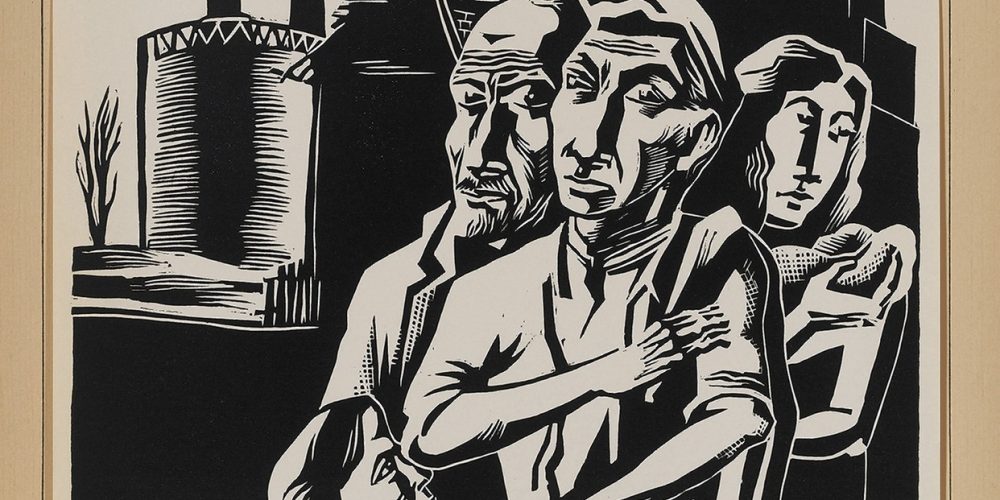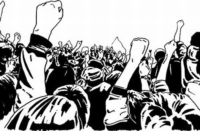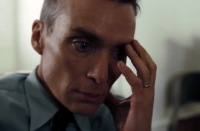“At the risk of seeming ridiculous, let me say that the true revolutionary is guided by a great feeling of love. It is impossible to think of a genuine revolutionary lacking this quality . . . We must strive every day so that this love of living humanity will be transformed into actual deeds, into acts that serve as examples, as a moving force.”
Che Guevara
With capitalism in crisis, and the tendency of the rate of profit to fall being taken out on the working class in ever more corrosive ways, it is no surprise that levels of mental illness in the developed capitalist world are at their highest ever.
With the cost of living soaring, rent crises in every major city, precariousness of employment, and food insecurity for many parents and their children, mental illness is a reasonable response to a system that is intent on alienating and dehumanising every worker who is forced to come into contact with it.
A knock-on effect of this is that it strikes directly at the ability of workers to organise against capitalism. It is often said that the only tool the working class has is organisation. But when we see how many of our best minds and best activists are struck down for periods by stress or by depression, we realise how this is hampering our ability to be as effective a force against capitalism as we could be.
To quote Mao, “weapons are an important factor in war, but not the decisive factor; it is people, not things that are decisive. The contest of strength is not only a contest of military and economic power, but also a contest of human power and morale.”
With this in mind, we need to start thinking about how organisation is done, and how we best include recognition of human frailty in structures. It is not enough to have rigidity and to confuse that with discipline. It is not enough to merely role-play as committee members and not to take stock of the efficacy of our systems.
As communists, it is not to love structure and discipline for their own sake, it is to love structure and discipline as a tool for ensuring strong leadership for our class.
We cannot let systems become “tradition.” It is good to question things and to improve them where necessary.
For this reason, if roles or committees are being left vacant by resignations or inaction by multiple comrades consecutively, perhaps those roles or committees need to be examined, or broken up into smaller ones. Similarly, if someone is missing deadlines as a pattern, perhaps another comrade needs to be assigned to aid their work load.
And, on the other side, people who are struggling need to be open to asking for help before things come to a head—and we must create an environment where we are open and understanding to those seeking that help.
This is not to say that any of this is not existing practice. I personally have always found comrades exceedingly helpful and understanding when I have felt the need to explain something. However, I do believe it would be helpful to formalise this and to start a discussion about the creation of an official mental health policy. This would enable a discussion within the party about work loads and how we can best utilise every member to the best of their abilities.
A small and disciplined party can move mountains if the organisation is as good as it can be. But, with the mental toll of living in this capitalist hellscape we call the Irish state ever increasing, it is important that we recognise that making allowances for people, and having a discipline that is flexible enough to cater to individuals’ needs, is a worthy goal—and a tactical imperative.






